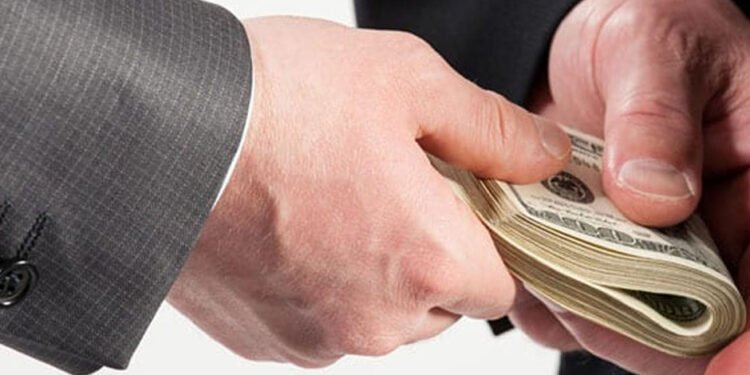White collar crime is a stain on the face of industry, and responsible for up to £16 billion of UK tax losses alone each year. Not only can business-related fraud and impropriety directly affect the country’s coffers, but it can have disastrous consequences for the business and for the industry in which said business resides. White collar crime can take many forms, and even be committed unwittingly – but in the event of an accusation, what should you do, as an individual and as a business?
Key Forms of Professional Illegality
Most white-collar crimes amount to some form of fraudulent activity. One of the more common forms of professional fraud is embezzlement, where business funds and assets are appropriated and benefited from by someone within the business; they might sequester funds and profit from interest earned, or misuse said funds to purchase personal assets.
Certain forms of fraud are not designed to purely benefit the individual personally, but instead to promote and advance their professional ambitions. For example, a business owner might hide profits from their business’ accounting in order to evade tax.
What to Do If Accused of Illegal Activity
If ever any allegations come to light regarding your professional propriety, whatever they may be, your first step should always be to secure legal representation. Even in instances where your innocence is ironclad, the propensity to talk your way to acquittal could inadvertently lead to self-incrimination.
From the criminal angle, police investigators – or any regulators, for that matter – are not interested in proving innocence; rather, they are seeking a simple route to conviction. As such, any questions you answer without a legal representative could allow them to build a narrative, and a case against you.
Transparency is a key part of this process, and especially so when it comes to building your defence with your solicitor. If there is any truth to the allegations made against you, your legal counsel needs to know. Any regulatory, criminal or civil legal proceedings will discover impropriety otherwise, and your representation need to be there first in order to mount reasonable defences or provide correct advice to you.
Protecting Your Business from Allegations of Impropriety
Individual allegations obviously have individual consequences for those accused, which should be met on their own merits. As a business owner, though, there can also be professional or industrial consequences from being associated with such allegations. If an executive staff member is found to be linked to embezzlement or other fraudulent activity, the business as a whole can be impacted; negative press can turn current and potential customers off, and cause partners and investors alike to think twice about affiliating with you.
Preventive measures are a key part of addressing this, from two angles. Training and expert supervision can help snuff out any potentially illicit ambitions in newer hires, while the hire process itself can be tooled with institutional honesty and integrity in mind. Further, instituting an airtight whistleblowing programme can enable staff members to report any perceived illegality before it negatively impacts the business.












